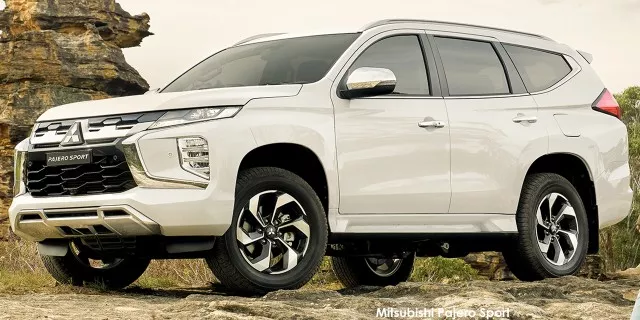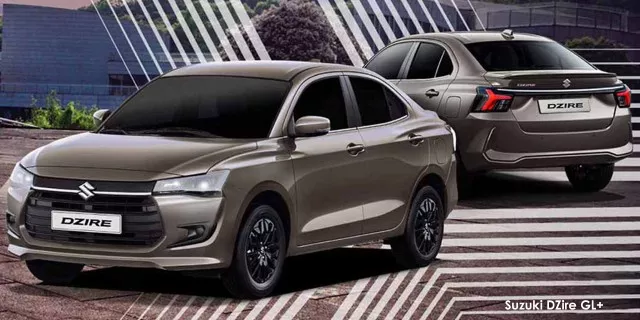
Chinese auto giant Chery is currently assessing the potential of establishing a factory within South Africa’s borders.
In late 2023, local publication IOL reported that Chery was considering building a domestic manufacturing hub.
At the time, Executive Deputy General Manager of Chery South Africa, Tony Liu, said that an assembly operation was definitely under consideration.
“However, we need to look at the overall sales volume and to balance local manufacturing policy, regulations, and cost as a first step,” he said.
“We will consider investing in building a factory in South Africa and supplying localised parts through CKD (complete knock-down) assembly to better meet the needs of the South African market and surrounding African countries.”
Now around a year and a half later, TopAuto touched base with the Asian automaker to find out whether any firm decisions have been made regarding the potential South African production hub.
“Not yet – we are still in the feasibility test stage of the project,” said a Chery spokesperson in response to our queries.
When questioned why the country is an ideal location for a vehicle factory, Chery said it views South Africa as the gateway to the rest of the continent, and the geographical positioning is ideal for exports to Europe and Asia.
In 2023, Chery invested a considerable sum into a new parts warehouse in Boksburg, Gauteng, capable of housing R70-million worth of stock at all times and up to R100-million if required.
Since re-entering the country back in 2021, it has also grown its dealer footprint from zero to an impressive 95 locations spread across all nine provinces.
A manufacturing facility thus seems like the logical next step, given that local buyers can’t seem to get enough of the Chinese nameplate.
Being locally produced will make Chery’s cars even more appealing from a pricing perspective, as they will no longer be subjected to high import duties.
This could spell more trouble for well-established European, Japanese, and Korean brands in South Africa, who have already sounded the alarm on the competitiveness of Chinese autos in the domestic market.

Chinese investment flooding into South Africa
Should Chery decide to open a manufacturing facility in South Africa, it will join the likes of several other Chinese automakers who have already taken the plunge, or are looking to do so.
BAIC – short for Beijing Automotive Industry Corporation – in partnership with the Industrial Development Corporation set up a factory in the Coega Special Economic Zone in the Eastern Cape which began producing the Beijing X55 crossover in mid-2023.
BAIC is currently adding more assembly lines to its facility to accommodate local production of the Tunland G7, a bakkie sold by BAIC subsidiary Foton, which will join its fold in 2026.
BYD, the world’s largest producer of hybrid and electric vehicles, is also in talks with government over a potential domestic factory.
Furthermore, Naamsa The Automotive Business Council revealed in January that it signed non-disclosure agreements with at least three Chinese manufacturers.
While it didn’t divulge what these agreements are for, nor who the companies are, they came after President Cyril Ramaphosa signed new tax breaks into law that will enable a 150% tax deduction on investment in electric- and hydrogen-powered vehicle production post-2026.
This suggests that these carmakers could be looking at South Africa as a possible location for their next new-energy vehicle factories.








